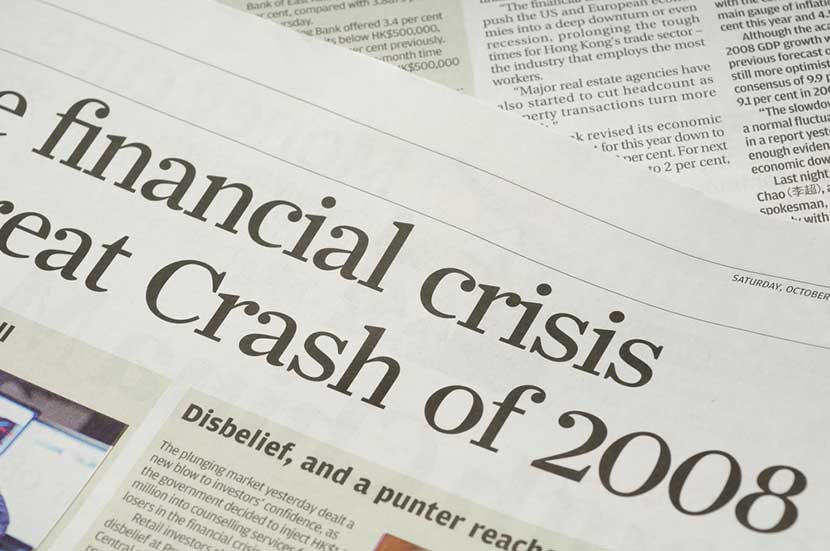In the London Review of Books, John Lanchester looks back at the global financial crisis of 2008 and shows how it paved the way for unstable world we inhabit now, ten years later. He begins by observing that pre-crisis—when the global economy and the world order seemed relatively stable—very few people wouldn’t imagined that ten years later we would see widespread global unrest and a re-emergence of authoritarianism in the West. But as Lanchester argues, this outcome can be clearly linked to the credit crunch of 2008 and the inadequate measures used to address it. Here’s an excerpt:
It is sometimes said that the odds you could get on Leicester winning the Premiership in 2016 was the single most mispriced bet in the history of bookmaking: 5000 to 1. To put that in perspective, the odds on the Loch Ness monster being found are a bizarrely low 500 to 1. (Another 5000 to 1 bet offered by William Hill is that Barack Obama will play cricket for England. I’d advise against that punt.) Nonetheless, 5000 to 1 pales in comparison with the odds you would have got in 2008 on a future world in which Donald Trump was president, Theresa May was prime minister, Britain had voted to leave the European Union, and Jeremy Corbyn was leader of the Labour Party – which to many close observers of Labour politics is actually the least likely thing on that list. The common factor explaining all these phenomena is, I would argue, the credit crunch and, especially, the Great Recession that followed.
Perhaps the best place to begin is with the question, what happened? Answering it requires a certain amount of imaginative work, because although ten years ago seems close, some fundamentals in the way we perceive the world have shifted. The most important component of the intellectual landscape of 2008 was a widespread feeling among elites that things were working fine. Not for everyone and not everywhere, but in aggregate: more people were doing better than were doing worse. Both the rich world and the poor world were measurably, statistically, getting richer. Most indices of quality of life, perhaps the most important being longevity, were improving. We were living through the Great Moderation, in which policymakers had finally worked out a way of growing economies at a rate that didn’t lead to overheating, and didn’t therefore result in the cycles of boom and bust which had been the defining feature of capitalism since the Industrial Revolution. Critics of capitalism had long argued that it had an inherent tendency towards such cycles – this was a central aspect of Marx’s critique – but policymakers now claimed to have fixed it. In the words of Gordon Brown: ‘We set about establishing a new economic framework to secure long-term economic stability and put an end to the damaging cycle of boom and bust.’ That claim was made when Labour first got into office in 1997, and Brown was still repeating it in his last budget as chancellor ten years later, when he said: ‘We will never return to the old boom and bust.’
